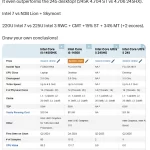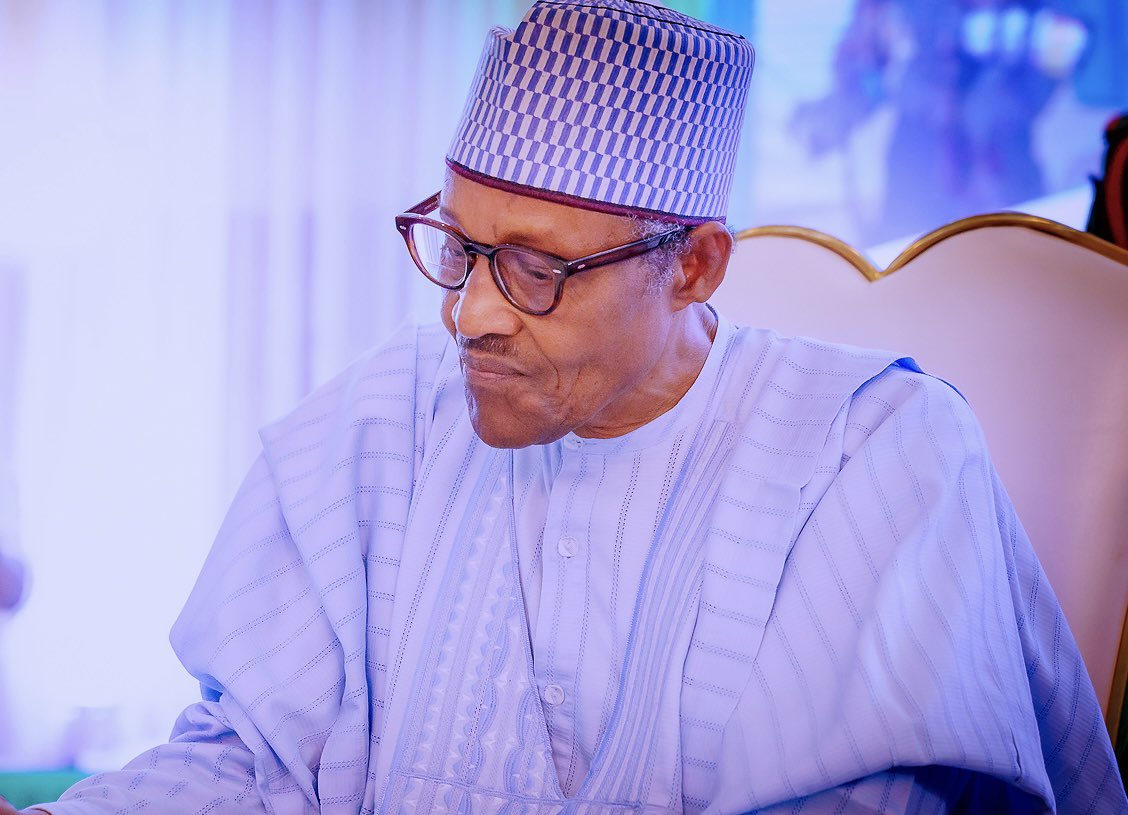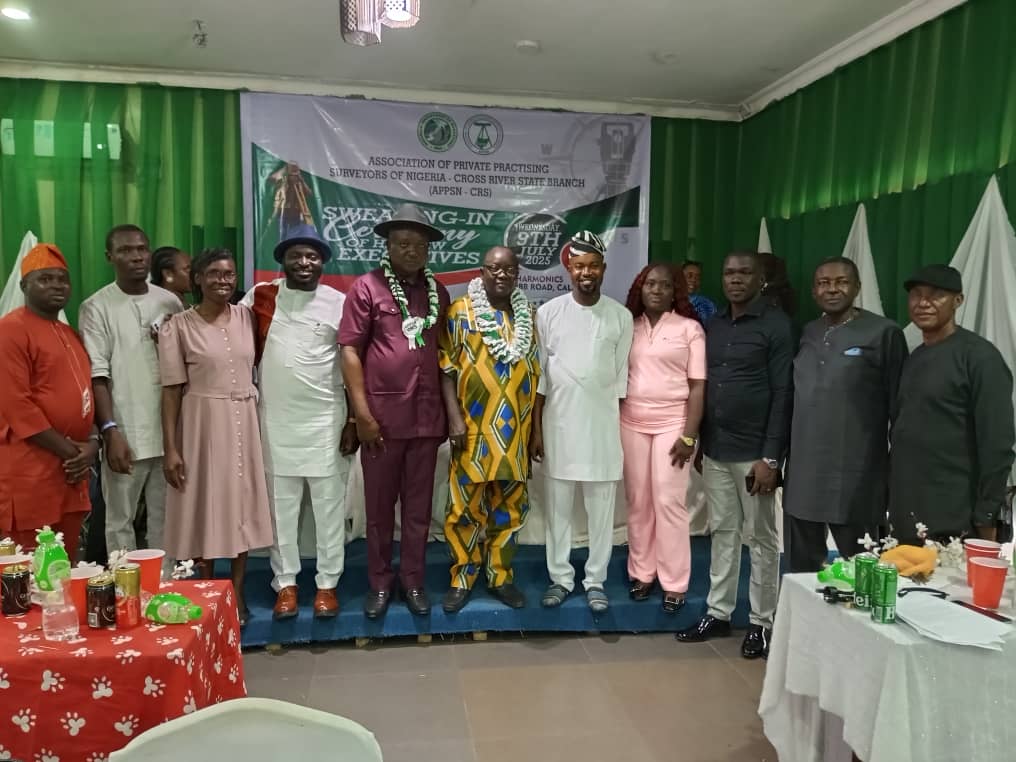For months, the doctors at University College Hospital (UCH), Ibadan, have battled a crisis that seems unthinkable in a facility responsible for saving lives—living without electricity.
The situation, which plunged some of the hospital’s residential quarters into darkness for over 100 days, has now reached a breaking point.
On Monday, the Association of Resident Doctors (ARD) at UCH declared an indefinite strike, insisting they would not resume work until power was fully restored to all affected quarters.
Speaking with the News Agency of Nigeria (NAN), the General Secretary of ARD UCH, Dr. Uthman Adedeji, confirmed the strike, expressing frustration over the prolonged power crisis.
“The hospital was reconnected last Wednesday after over 100 days without electricity,” he said. “But some residential quarters are still in darkness. This is unacceptable.”
The doctors had earlier issued a communique, warning that they would embark on an indefinite strike if power was not fully restored by 4 p.m. on Monday. While some sections of the hospital’s residential area now have electricity, others remain cut off, prompting the doctors to follow through on their threat.
For medical professionals working grueling shifts, access to basic amenities like electricity is not a luxury; it is a necessity. Many of these doctors live on hospital premises, and the lack of power has turned their living conditions into a nightmare.
Beyond personal discomfort, the power outage poses serious risks. Without electricity, refrigeration for essential medicines and vaccines in some quarters is compromised.
Dr. Adedeji acknowledged that the UCH Management had made efforts to address the crisis, but said their actions were incomplete.
“We acknowledge their efforts, but a lot still needs to be done to guarantee uninterrupted service delivery,” he said. “Until all residential quarters have power, we remain on strike.”
The decision to strike was reached at an Emergency General Meeting, where members unanimously agreed that enough was enough.
The UCH power crisis is not an isolated case. Across Nigeria, healthcare workers face dire working conditions, ranging from unpaid salaries to inadequate infrastructure. Many young doctors are leaving the country in droves, seeking better opportunities abroad in what has been dubbed the “Japa” wave.
For those who stay, the struggle is relentless. Strikes have become a last resort, a desperate plea for better treatment in a system that often neglects its caregivers.
For now, patients at UCH will bear the brunt of the crisis. With resident doctors on strike, healthcare services will be stretched thin, leaving many in limbo. The question remains: how long will it take for the authorities to resolve this issue?
For the doctors, the message is clear; until power is fully restored, they will not return to work. And for the Nigerian healthcare system, this is yet another reminder that urgent reforms are needed to prevent crises like this from becoming the norm.









